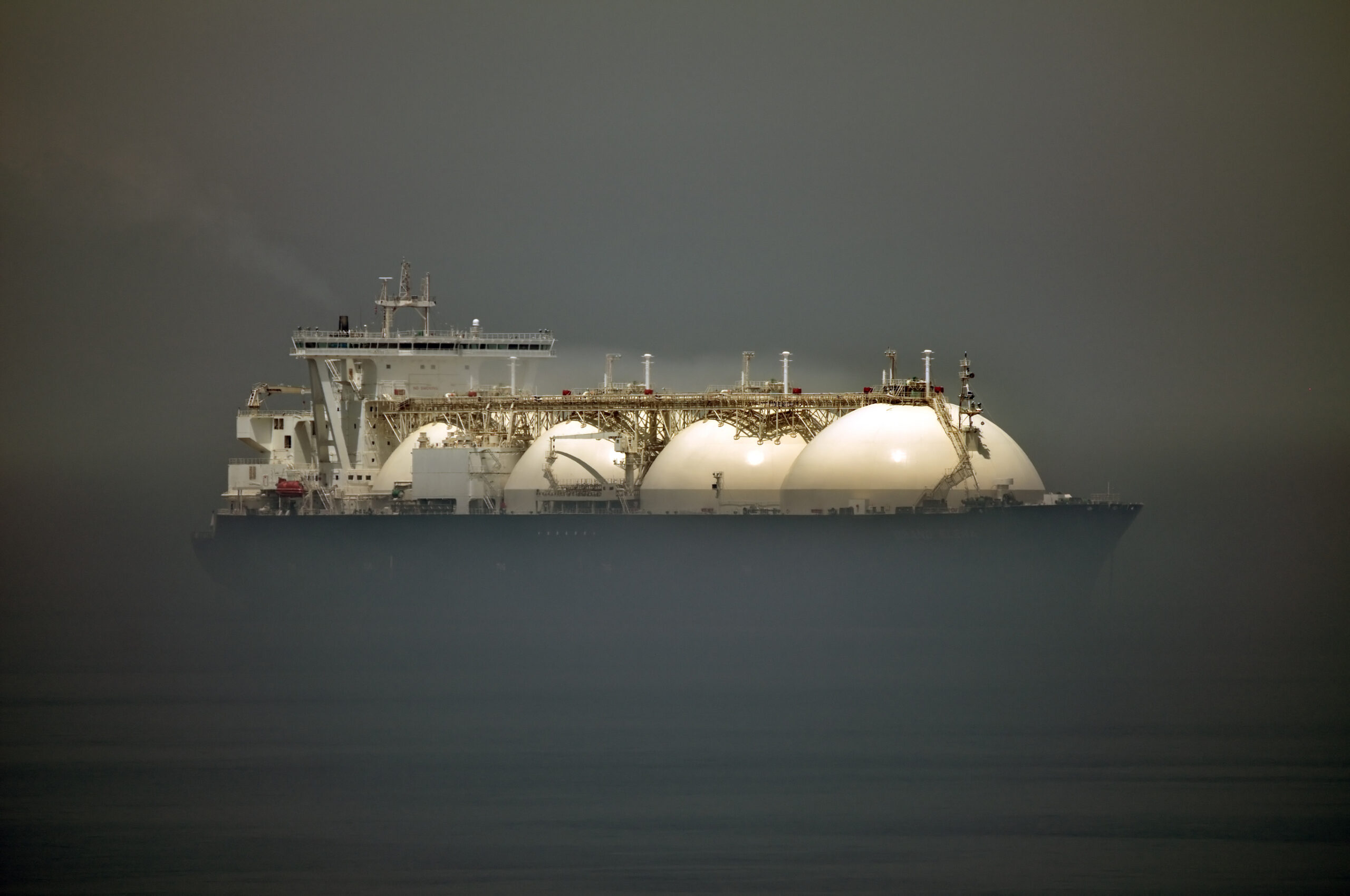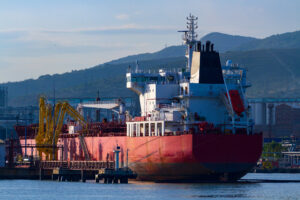The European Union agreed to impose its toughest sanctions on Russia since its large-scale invasion of Ukraine, lowering the price cap for crude oil, imposing further sanctions across the shadow fleet value chain, and for the first time listing the captain of a shadow fleet vessel, as well as a private operator of an international flag registry.
The European Union on Friday reached an agreement on an 18th sanctions package of economic and individual restrictive measures, hitting hard on Russia’s energy, banking and military sectors, as well as trade with the EU. Furthermore, the Council complemented the package by agreeing further measures against Belarus.
Under the new scheme, the EU is lowering the price cap for crude oil from $60 to $47.6 per barrel, to align it with current global oil prices and is introducing an automatic and dynamic mechanism to modify the oil price cap and ensure that this price cap is effective.
In addition, officials said the EU is blacklisting 105 more vessels in the “shadow fleet” of ageing tankers used by Russia to circumvent oil export curbs. The vessels will be subject to a port access ban and a ban on the provision of a broad range of services related to maritime transport, bringing the total number of listed vessels to 444.
Among other targets, sanctions will be placed on a refinery in India (with a Russian-oil company being its main shareholder), whilst a full transaction ban on Nord Stream 1 and 2 will be imposed by EU.
For the first time, the EU is also listing the captain of a shadow fleet vessel, as well as a private operator of an international flag registry. One entity in the Russian LNG sector is also included on Friday’s listings.
Furthermore, the EU is introducing an import ban on refined petroleum products made from Russian crude oil and coming from any third country with the exception of Canada, Norway, Switzerland, the United Kingdom and the United States, preventing Russia’s crude oil from reaching the EU market “through the back door.”
Lastly, the European Council decided to end the exemption for oil imports from Russia to Czechia.
The UK joined the move to lower the price cap, with Chancellor of the Exchequer Rachel Reeves saying the country and its EU allies are “turning the screw on the Kremlin’s war chest.”
They come as European allies hope to ratchet up the pressure on Russia to bring the three-year-long war in Ukraine to an end.
The UK is taking decisive action to cut off Putin’s oil supply pipeline and has to date sanctioned over 250 ships responsible for transporting Russian energy.
British foreign secretary David Lammy announced the UK was joining the EU price cap sanction, saying they were “striking at the heart of the Russian energy sector.”
“As Putin continues to stall on serious peace talks, we will not stand by,” he said.
The UK & EU are turning the screw on the Kremlin’s war chest by stemming the most valuable funding stream of its illegal war.
— Rachel Reeves (@RachelReevesMP) July 18, 2025
This step will target Russia’s oil revenues & ramp up the pressure on Putin by exploiting his biggest vulnerability while keeping energy markets stable. https://t.co/q6y3zi7ejb
I welcome the agreement on our 18th sanctions package against Russia.
— Ursula von der Leyen (@vonderleyen) July 18, 2025
We are striking at the heart of Russia's war machine.
Targeting its banking, energy and military-industrial sectors and including a new dynamic oil price cap.
The pressure is on.
It will stay on until…
Last week, India strongly reacted to recent remarks made by the NATO Secretary General Mark Rutte that countries buying Russian oil and gas could face secondary sanctions.
India’s ministry of external affairs spokesperson Randhir Jaiswal has made it clear that it will not compromise on the country’s core interests, especially its energy security.
“We have seen reports on the subject and are closely following the developments. Let me reiterate, and I have said this in the past as well. Securing energy needs of our people is understandably an overriding priority for us. In this endeavor, we are guided by what is there on offer in the markets, as also by the prevailing global circumstances. We would particularly caution against any double standards on the matter,” he said at the weekly media briefing on Thursday.
India is confident of meeting its energy requirements if Russian supplies are hit by secondary sanctions, India’s minister of petroleum and natural gas Hardeep Singh Puri said on Thursday in what is seen as the first official reaction to the US threat of secondary sanctions for buying those barrels.
He noted there are many new suppliers coming into the market, such as Guyana, and there is supply from existing producers such as Brazil and Canada.
“I’m not worried at all. If something happens, we’ll deal with it,” the minister said.
While speaking in a session organised on the sidelines of India’s premier upstream oil and gas conclave, Urja Varta 2025, at Bharat Mandapam, New Delhi, petroleum minister Hardeep Singh Puri emphasized that India has broadened its oil import network.
Addressing questions on India’s energy security posture amid global geopolitical disruptions such as the Russia-Ukraine conflict and tensions in the Middle East, Puri stated that India had proactively expanded its crude import sources from 27 to 40 countries.
This diversification, he said, is a key measure to ensure uninterrupted energy access during periods of global turbulence. The minister pointed out that the repercussions of taking Russia off the market would be drastic.
On the topic of Russian oil imports, he clarified that Russia remains one of the world’s top oil producers with an output exceeding 9 million barrels per day. He warned that a sudden removal of this supply from the global market, out of a total of approximately 97 million barrels per day, would have created chaos, pushing prices to between $130-$200 per barrel.
The minister categorically stated that India has never purchased any sanctioned cargo and that Russian oil was not under global sanctions but only a price cap, carefully structured to reflect ground realities of the international energy supply chain.
Responding to concerns around long-term supply security in light of ongoing sanctions on Iran and Venezuela, Puri questioned the permanence of such restrictions and drew attention to the emergence of new sources of oil from countries like Brazil, Guyana, and Canada.
He asserted that the global oil market is gradually becoming more diversified and resilient, and reassured stakeholders that India is well-prepared to manage any volatility or disruptions that may arise.



